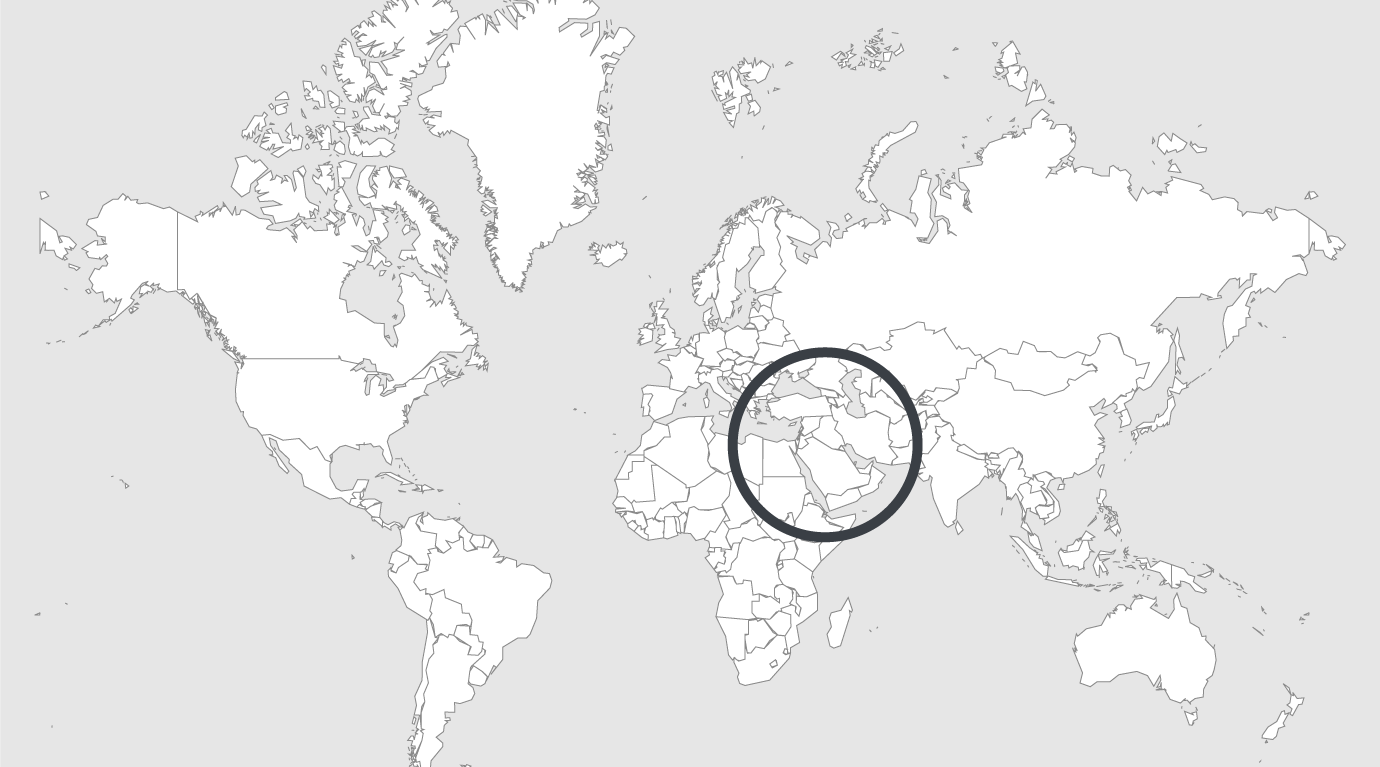
Explore
Jordan: women imprisoned in name of family honor
In a secret shelter in the Jordanian capital Amman, 52-year-old Fatima runs a hand over the scar that has shaped her life.
Almost 30 years ago, her father shot her and her sister to “cleanse the family’s honor” after her younger sibling got pregnant out of wedlock and he deemed both daughters should pay the price.
“When they shot my sister she died,” said Fatima, who declined to give her real name for fear of reprisals.
“When they started on me, our neighbors informed the police… I remained in hospital for six to seven months, then the police came and put me in prison.”
Fatima remained in prison for 22 years under a law that allows the authorities to indefinitely incarcerate women considered to be at risk of being attacked or killed in the name of family honor.
“Your life is gone, your youth is gone. Everything you wished for in the world is gone,” said Fatima, who now lives alone in a shelter run by a charity.
An estimated 65 percent of more than 1,700 female inmates in Jordan’s prisons are held under the 60-year-old law, according to the Sisterhood Is Global Institute (SIGI), a women’s rights charity.
There are no official figures on honor killings in Jordan but activists estimate at least 42 women were murdered by their relatives in 2016, up 60 percent from the previous year, according to SIGI.
Human Rights Watch, the international rights watchdog, says there are typically between 15 and 20 crimes of this nature a year.
NO ALTERNATIVES
Jordan, which has one of the highest rates of honor killings in the world, has made strides to curb gender-related crime and boost women’s rights.
Parliament voted this month in favor of abolishing a law that allows rapists to escape punishment by marrying their victim.
The penal code was amended in March to no longer allow judges to grant reduced sentences for perpetrators of honor crimes.
“Jordan’s customs and traditions differ, but the population has become noticeably more aware, open and understanding about issues related to women,” said Basel Tarawneh, government coordinator for human rights.
“We are aware of the need for change and are taking the necessary action and revisions will be done on a continuous basis to adapt to the times,” said Tarawneh.
But women’s rights groups call for stronger penalties and to end the practise of imprisoning women at risk of being killed for their own protection.
Their imprisonment is often justified by lack of alternatives, such as safe shelters for abused women.
“We haven’t created enough protection services and we have not made any effort to change social attitude,” said Salma Nims, secretary general of the Jordanian National Commission for Women, a semi-governmental body that promotes women’s issues.
“So we end up with a government that under the law of stopping crimes to protect women (makes) the victim actually the persecuted,” said Nims.
Read full article.
